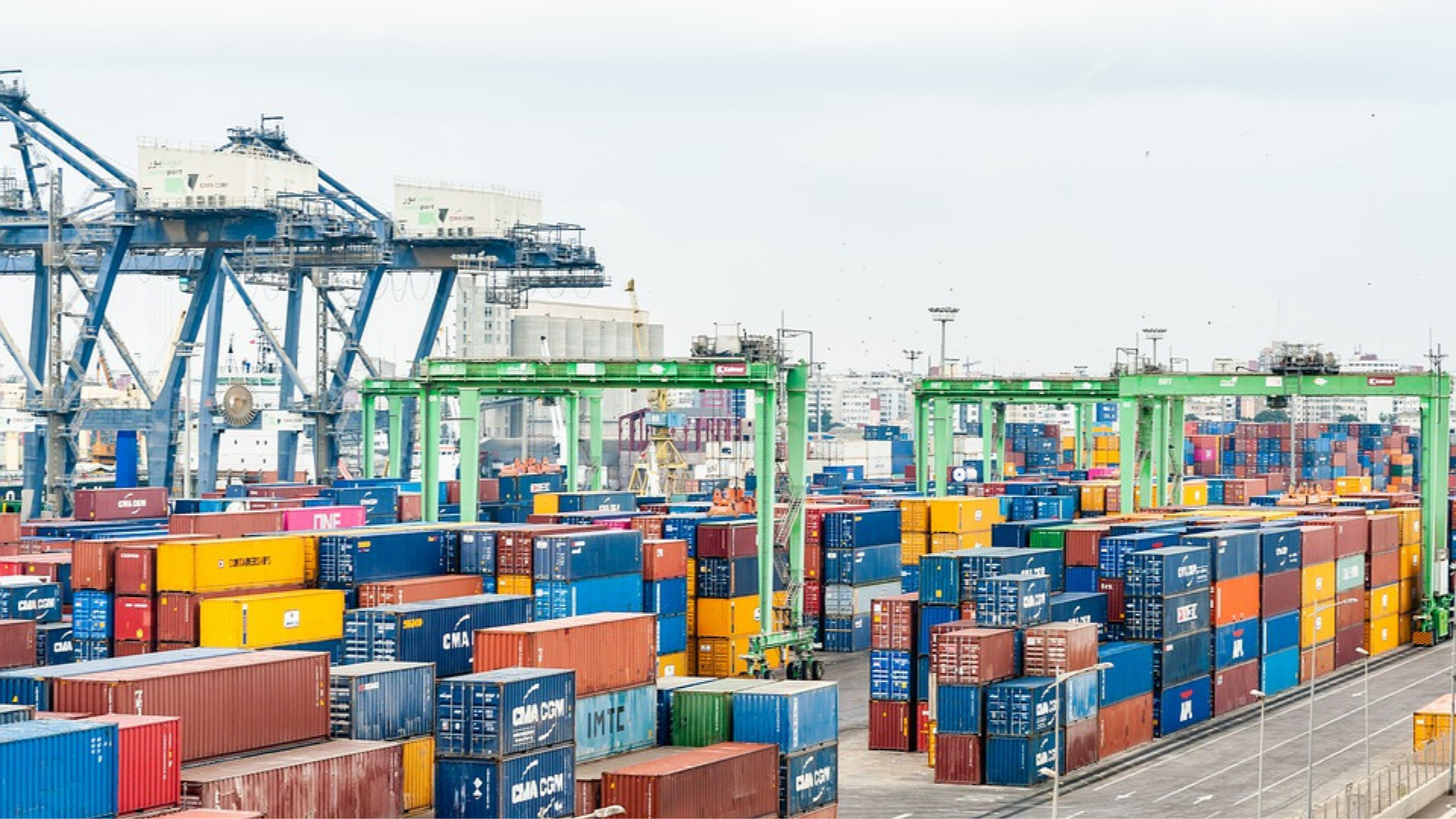NEW DELHI: Indian exporters are finding it increasingly difficult to continue their business with Russian merchants as payment issues triggered by the sanctions imposed by the US and the West following the Russian attack on Ukraine continue to persist.
Many exporters have stopped supplying goods to Russia while a few others are waiting for payments from their Russian business partners as India and Russia continue to work on a new mechanism to bypass the economic sanctions.
In early March, the United States and the European Union (EU) announced plans to cut off a number of Russian banks from the main international payment gateway, SWIFT or Society for Worldwide Interbank Financial Telecommunication. The restriction was imposed to “further isolate Russia from the international financial system”.
Since the announcement of the SWIFT restriction, global trade with Russia has been hit significantly and India is no exception.
Russia has been traditionally dependent on India for tea, pharmaceuticals, telecom instruments, iron and steel, whereas India imports petroleum, coal, fertilisers etc from Russia in addition to its immense dependency for military hardware.
India and Russia processed transactions worth USD 9 billion last year.
Speaking to The New Indian over phone, Pounraj, a Madurai-based exporter and member of the Federation of Indian Export Organisations, said that the Russia-Ukraine war has hit Indian exports badly.
“They (Russian importers) usually discussed with us the orders three or four months back but in February, all these things came up and held back everything,” he said, adding that he exported spongy coco peat soil to Russia.
“Greenhouse growers used to buy it from us,” said Pounraj who shipped about 80 tonnes of cocopeat worth USD 60,000 to Russia between August and September last year.
Raja M Shanmugham, President of Tiruppur Exporters Association said several major European brands that purchase goods or raw material from India, had shut down operations in Russia and Ukraine, thus indirectly affecting their business.
Shanmugham’s firm exports T-shirts manufactured in Tamil Nadu to European companies and receives payments largely in Euros.
“We used to provide a certain quantity (of goods) to Russia directly. We don’t have many direct exports to Russia or Ukraine. But all of our European brands have stores established in Russia and Ukraine. Because of the sanctions, all the brands used to buy from us closed down their operations in those two countries,” he told The New Indian.
He said no member of the exporters body had reported about their firms’ recent transaction with Russia.
Calling the sanctions as “illegal and unilateral” by the US and the West, Russian Foreign Minister Sergey Lavrov last week said that Russia had developed a system to engage in trade in national currencies with countries like India and efforts to move away from the dollar-based payment system would intensify in the coming years.
Soon after holding talks with his Indian counterpart External Affairs Minister S Jaishankar in New Delhi, Lavrov said his country was exploring ways to bypass “impediments” for bilateral trade with its allies.
“Well, for many years, as I said, when the nature of our western partners was entirely unreliable, it became more obvious and we started developing national payment systems. In Russia, the central bank, several years ago, established the system of communication of financial information,” Lavrov said in response to a question by The New Indian.
“It is absolutely clear that more and more transactions would be done through these systems, using national currencies bypassing dollar euro and other currencies which proved to be everywhere,” he had said.
Russia is in talks with Indian authorities for the use of SPFS or the System for Transfer of Financial Messages, the Russian alternative for SWIFT payment system. The Russian embassy in New Delhi, however, did not respond to queries sent by The New Indian regarding the issue.

